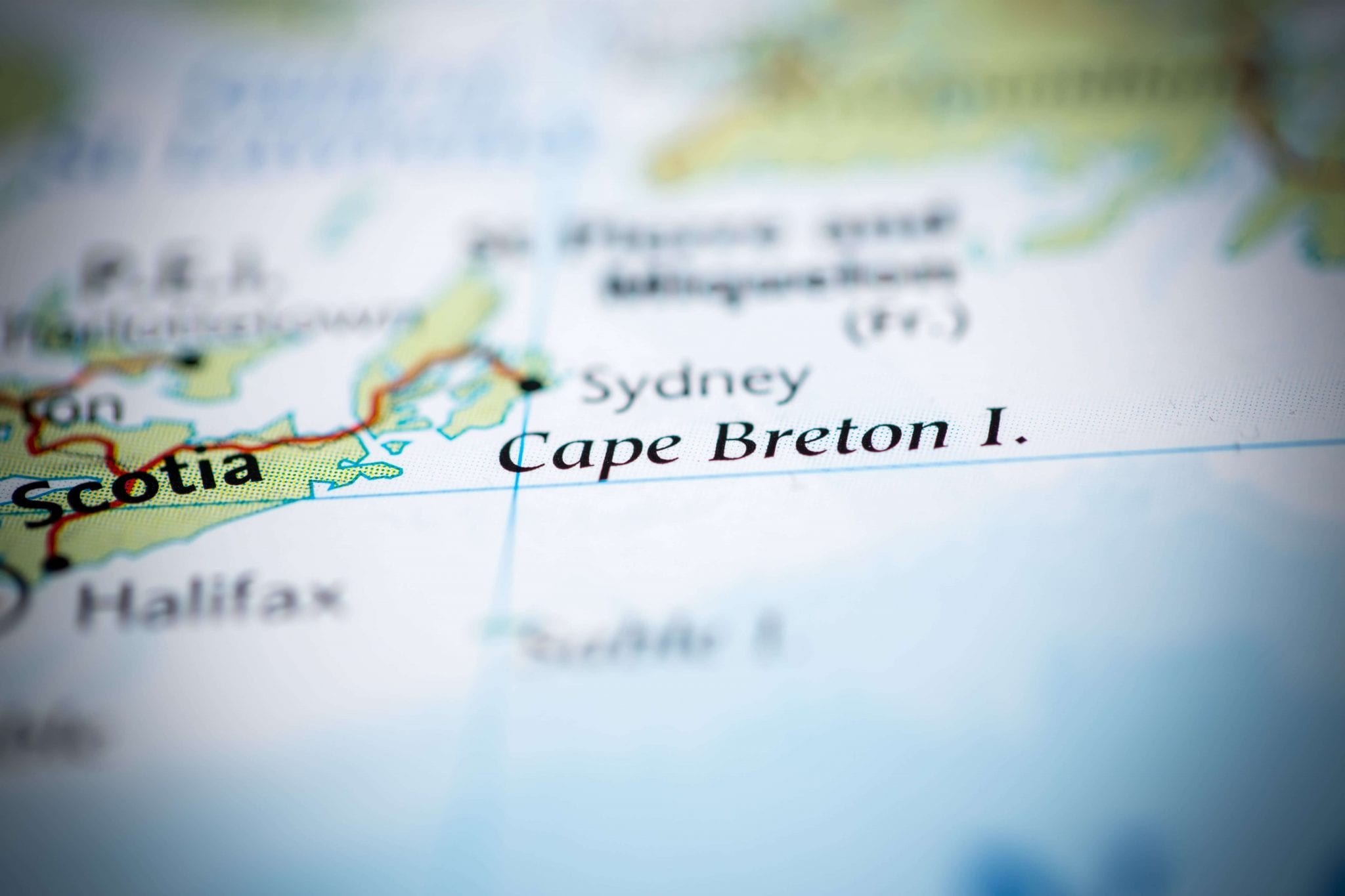
Why Startups Are Thriving Across Eastern Canada in 2018
Lyuba Golovina
What comes to mind when you think of Atlantic Canada?
It could be the scenic Cabot Trail, rare wildlife or maybe the Atlantic Ocean.
What you probably don’t think of right away, is the thriving startup scene.
But that won’t be the case for long. Nova Scotia, New Brunswick and Prince Edward Island are quickly becoming a hub for innovation and forward-thinking business leaders.
Startups are Thriving. Here’s Why:
Over the past few years, the Canadian and provincial governments have made an effort to encourage and support new businesses through grants, loans and other incentives.
In 2016, Nova Scotia’s government granted $40 million to Innovacorp’s Nova Scotia First Fund for early stage investments. Seeing the impressive results and new found momentum, Nova Scotia’s government announced a new $15 million early stage capital fund in 2018.
Nova Scotia is not the only province supporting its entrepreneurs. Earlier this year, neighboring New Brunswick announced a $53.5 million investment to boost research, innovation and development.
And the investments are paying off – since 2015, 55 new startups were founded in Fredericton, New Brunswick alone. New businesses created across the region range from greeting cards to fitness, food production to graphic design.
Naturally, these pioneering startups are contributing to the region’s transformation by creating new jobs, attracting international recognition and changing its reputation.
Innovative Startups in the Region
Many startups are gaining attention for their forward-thinking approach to solving modern day problems in the education, health and agriculture – to name a few.
Ooka Island, based in Charlottetown, Prince Edward Island, is a platform that helps children develop early reading skills. It breaks down the learning process into thousands of micro-actions—6,695 to be exact, combined with an interactive and adaptive approach. The concept was created by former schoolteacher Dr. Kay McPhee in 1994, who eventually founded Ooka Island in 2008. The startup was acquired by Scholastic in 2017.
Within the digital health sector, Densitas Inc., a groundbreaking startup based in Halifax creates medical software with the potential to impact millions of women through advanced density measurements that enable precise detection of breast cancer.
Other startups, such as Nova Scotia’s TruLeaf, are taking on food production and aiming to change the way people farm. TruLeaf’s technology makes it possible to grow a sustainable year-round supply of leafy plants to replace or enhance current sources. Their multilevel farms can be built anywhere, which makes it possible to grow produce closer to buyers and maximize freshness, while reducing transportation costs and spoilage.
These startups offer only a small sample of the region’s progressive entrepreneurship, and promising early stage businesses often find support from provincial governments and investment agencies to develop their product or service.
But what happens once a startup receives an investment, and is ready to grow their business or take their product to market?
Making the Transition: Bringing a New Product or Service to Market
While some startups, such as Ooka Island and TruLeaf, have successfully continued their growth beyond the first phase, for many early stage companies this step poses a challenge. As a startup begins to grow, it requires a new way of thinking about the business and product. Startups need a strategy to grow sustainably through sales and marketing best practices, the right technology and an approach that fits their business model
This is one of the key reasons Innovacorp partnered with New York and Austin based Skaled Consulting for the past three years – to bring sales and marketing support to startups in the region and help them succeed in the next stage of their growth.
This August, Skaled CEO and Sales Leader Jake Dunlap will give a two-day intensive workshop in Cape Breton, Nova Scotia, to help startups tackle this problem so they can grow their business through to the next stage.
Over the course of two days, Jake Dunlap’s workshop covers what building blocks need to be in place for a solid sales organization, how the sales process evolves as a company grows, how to get more sales and what it takes to build a repeatable sales process.
This year, Jake will also cover new sales and marketing trends, as well as how social media and social selling can make a huge impact for businesses. The goal is to give businesses the tools and confidence they need to keep growing.
What’s Next?
Although the startups profiled in this article offer only a small window into the Atlantic Canada’s thriving business and entrepreneurship scene, the entire region is abuzz with innovation.
Canada has already given us Slack, Hootsuite and Shopify, and now is the time to keep an eye on New Brunswick, Nova Scotia and Prince Edward Island because they very well might provide the next wave of world-changing ideas.
And thanks to government support, a vibrant community and many brilliant minds, you can expect Atlantic Canada to soon become one of the most exciting places for startups in North America.